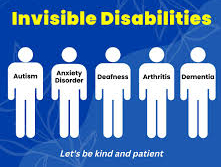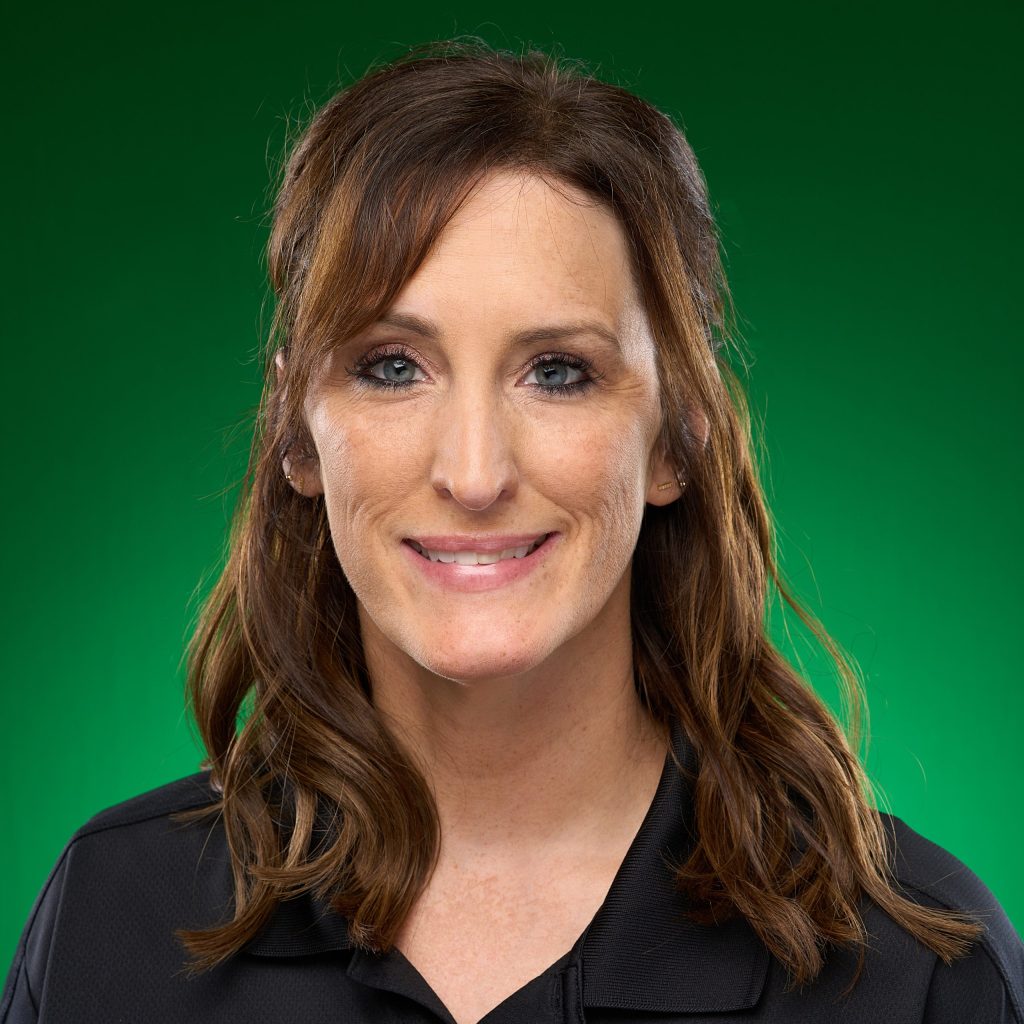
INDIANA – Have you ever heard any of the following? “They don’t look disabled to me.” “Doesn’t seem to me that they need handicapped parking. They walk just fine.” “I think they just wanted to bring their pet along. They seem perfectly healthy and do not need a service animal.”
When most people think of a person with a disability, they most often think of physical disabilities. While physical disabilities are debilitating, hidden disabilities are often forgotten. Unfortunately, individuals with hidden disabilities are often made to feel as though they are faking or trying to get special accommodations without need.

According to the Hidden Disabilities Association, a hidden or invisible disability is a “physical, mental, or neurological condition that is not visible from the outside, yet can limit or challenge a person’s movements, senses, or activities.”
Many disabilities are not easy to detect. Examples of hidden disabilities include mental illness, lupus, autism, asthma, cancer, arthritis, learning disabilities, and many more.
These disabilities are not immediately apparent to others. For some people, this can make it difficult to believe that someone with a “non-visible” disability needs extra help and support.
Every individual – with or without disabilities – is unique. Teaching children to be kind to others is essential, as we do not know what an individual is experiencing. Following are some suggestions on how to teach kindness and acceptance:
- As an adult, look for opportunities to model kindness and acceptance of others. Children learn by watching. Watching an adult take time to care for another person increases the likelihood that the child will replicate this behavior.
- Involve the child in brainstorming ideas for being kind to others. Brainstorm ideas on how to be kind at school, to siblings, to church members, and to themselves.
- Encourage children to ask questions about differences. Doing so allows them to learn about people who may not be like them. When students understand why others are different, it makes it easier to accept their differences.
No two people with disabilities will look alike. It is important to teach students to treat others with kindness and to advocate for people who need assistance. Just because a disability does not meet the eye does not mean it fails to exist.
If you would like additional information or have a child in need of support due to a hidden (or visible) disability, please reach out to the Youth First Mental Health Professional in your child’s school. To determine if your school has a Youth First Mental Health Professional, please use this link: https://youthfirstinc.org/mentalhealthprofessional.

Molly Johnson, MSW, LSW, is a Youth First Mental Health Professional at Washington Middle School in Vanderburgh County. Youth First, Inc., is a nonprofit dedicated to strengthening youth and families. Youth First provides over 100 highly trained mental health professionals (primarily master’s level social workers), prevention programs, parent engagement coordinators, and bilingual support personnel to 126 schools across 14 Indiana counties. Over 53,000 youth and families per year are served by Youth First’s school-based social work and community programs that promote mental health, prevent substance misuse, and maximize student success. To learn more about Youth First, visit youthfirstinc.org or call 812-421-8336.



